Rixmin 400 Tablet 10's
MRP ₹433
(Inclusive of all Taxes)
₹65.0 Cashback (15%)
Provide Delivery Location
Online payment accepted
 Prescription drug
Prescription drugWhats That
Composition :
Manufacturer/Marketer :
Consume Type :
Expires on or after :
Return Policy :
About Rixmin 400 Tablet
Rixmin 400 Tablet belongs to the group of medicines called 'antibiotics' or 'antibacterials' used to treat infectious traveller's diarrhoea (in adults and children above 12 years of age) caused by E.coli bacteria, hepatic encephalopathy (decreased brain function due to liver disease) and irritable bowel syndrome with diarrhoea (IBS-D). Traveller’s diarrhoea is an infection in which there is a passage of unformed stools. Hepatic encephalopathy causes loss of brain function when a damaged liver is unable to remove toxins from the blood. Irritable bowel syndrome is a condition which affects the large intestine.
Rixmin 400 Tablet contains ‘Rifaximin’ that works by working on the bowel and preventing the spread of infections caused due to the loss of the beneficial gut bacteria. Thus, Rixmin 400 Tablet helps in relieving abdominal pain and diarrhoea. Rixmin 400 Tablet should not be used in the patients with diarrhoea complicated by fever or blood in the stool and diarrhoea due to pathogens other than Escherichia coli (E.coli).
Take Rixmin 400 Tablet with or without food. In some cases, you may experience certain common side-effects such as headache, peripheral oedema (leg swelling), nausea, dizziness, fatigue, ascites (excess fluid build-up in the abdomen), increased liver enzymes (ALT), and nausea. Most of these side-effects do not require medical attention and will resolve gradually over time. However, you are advised to talk to your doctor if you experience these side-effects persistently.
Before starting Rixmin 400 Tablet , please inform your doctor if you have any allergy (against any antibiotic), kidney or liver problems. Do not take Rixmin 400 Tablet for more than 3 days unless prescribed; if there is no symptomatic improvement, consult your doctor. Avoid taking Rixmin 400 Tablet if you are pregnant or breastfeeding; talk to your doctor, he/she may prescribe you alternate medicine. Rixmin 400 Tablet is not recommended for children as efficacy and safety have not been established. Inform your doctor about all the medicines you are taking and about your health condition to rule out any unpleasant side-effects.
Uses of Rixmin 400 Tablet
Directions for Use
Key Benefits
Rixmin 400 Tablet belongs to the group of medicines called antibiotics used to treat infectious travellers diarrhoea, hepatic encephalopathy (decrease in brain function due to liver disease) and irritable bowel syndrome (IBS). Rixmin 400 Tablet is used to treat traveller’s diarrhoea caused by non-invasive strains of E.coli. Rixmin 400 Tablet is a broad-spectrum antibiotic that is effective against gram-positive and gram-negative bacteria, aerobic and anaerobic bacteria, and ammonia producing bacteria. Rixmin 400 Tablet is a gastrointestinal-selective antibiotic with a broad spectrum of antimicrobial activity. Rixmin 400 Tablet is bactericidal in nature and works by killing the bacteria that cause infections. Thereby, helps in treating and preventing the spread of infections.
Storage
- Tell your doctor about your GAS symptoms. They may change your medication regimen or prescribe additional drugs to help you manage them.
- To manage GAS symptoms, eat a balanced diet of fibre, vegetables, and fruits.
- Drink enough water throughout the day to avoid constipation and treat GAS symptoms.
- Regular exercise like yoga and walking may help stimulate digestion and alleviate GAS symptoms.
- Take probiotics only if your doctor advises, as they may help alleviate GAS symptoms by promoting gut health.
- Take medication for GAS symptoms only if your doctor advises, as certain medications can interact with your existing prescriptions or worsen symptoms.
- If symptoms persist, worsen, or are accompanied by severe abdominal pain, vomiting, or bleeding, seek immediate medical attention.
- Hydrate your body: Drink enough water to prevent dehydration and headaches.
- Calm Your Mind: Deep breathing and meditation can help you relax and relieve stress.
- Rest and Recharge: Sleep for 7-8 hours to reduce headache triggers.
- Take rest: lie down in a quiet, dark environment.
- Cold or warm compresses can help reduce tension.
- Stay Upright: Maintain good posture to keep symptoms from getting worse.
- To treat headaches naturally, try acupuncture or massage therapy.
- Over-the-counter pain relievers include acetaminophen and ibuprofen.
- Prescription Assistance: Speak with your doctor about more substantial drug alternatives.
- Severe Headaches: Seek emergency medical assistance for sudden, severe headaches.
- Frequent Headaches: If you get reoccurring headaches, consult your doctor.
- Headaches with Symptoms: Seek medical attention if your headaches include fever, disorientation, or weakness.
- Drink water or other clear fluids.
- To prevent worsening of pain, limit intake of tea, coffee, or alcohol.
- Include bland foods like rice, toast, crackers, and rice in your diet.
- Avoid lying down immediately after eating as it may cause indigestion or heartburn.
- Avoid acidic and spicy food as it may cause indigestion.
- Eat fiber-rich foods like whole grains, fruits, vegetables, and legumes to promote regular bowel movements.
- Drink plenty of water to soften stool and make it easier to pass.
- Avoid trigger foods like dairy, gluten, or spicy foods that can worsen constipation.
- Exercise regularly, like walking or yoga, to stimulate bowel movements.
- Practice yoga and pelvic floor exercises to strengthen muscles involved in bowel movements.
- Inform your doctor if you experience severe symptoms like abdominal pain, vomiting, or blood in the stool.
- Inform your doctor about the nausea and discuss possible alternatives to the medication or adjustments to the dosage.
- Divide your daily food intake into smaller, more frequent meals to reduce nausea.
- Opt for bland, easily digestible foods like crackers, toast, plain rice, bananas, and applesauce.
- Avoid certain foods that can trigger nausea, such as fatty, greasy, spicy, and smelly foods.
- Drink plenty of fluids, such as water, clear broth, or electrolyte-rich beverages like coconut water or sports drinks.
- Use ginger (tea, ale, or candies) to help relieve nausea.
- Get adequate rest and also avoid strenuous activities that can worsen nausea.
- Talk to your doctor about taking anti-nausea medication if your nausea is severe.
- Record when your nausea occurs, what triggers it, and what provides relief to help you identify patterns and manage your symptoms more effectively.
- Inform your doctor about your constipation symptoms. They may adjust your medication or advise alternative treatments.
- Stay hydrated by drinking sufficient of water (at least 8-10 glasses a day) to help soften stool and promote bowel movements.
- Increase fibre intake by eating foods high in fibre, such as fruits, whole grains, vegetables and legumes, to help bulk up the stool.
- Establish a bowel routine by trying to go to the bathroom at the same time each day to train your bowels.
- Engaging in regular exercise, like walking or yoga, can support in bowel movement stimulation.
- Consult your doctor if constipation persists, and discuss alternative treatments or adjustments to your medication.
- Inform your doctor immediately if you experience a fever after starting a new medication.
- Your doctor may adjust your medication regimen or dosage as needed to minimize fever symptoms.
- Monitor your body temperature to monitor fever progression.
- Drink plenty of fluids, such as water or electrolyte-rich beverages, to help your body regulate temperature.
- Get plenty of rest and engage in relaxation techniques, such as deep breathing or meditation, to help manage fever symptoms.
- Under the guidance of your doctor, consider taking medication, such as acetaminophen or ibuprofen, to help reduce fever.
- If your fever is extremely high (over 103°F), or if you experience severe symptoms such as confusion, seizures, or difficulty breathing, seek immediate medical attention.
Drug Warnings
Do not take Rixmin 400 Tablet if you are allergic to any of its contents, if you have a fever, blood in stools, passed 8 or more unformed stools in last 24 hours, constipation, vomiting, and abdominal pain caused by blockage of the bowel. Talk to your doctor if your condition does not improve, symptoms continue or re-appear even after taking Rixmin 400 Tablet for 3 days. Do not take Rixmin 400 Tablet for more than 3 days unless prescribed; if there is no symptomatic improvement, consult your doctor. Avoid taking Rixmin 400 Tablet if you are pregnant or breastfeeding; talk to your doctor, he/she may prescribe you with alternate medicine. Rixmin 400 Tablet is not recommended for children below 12 years of age as the efficacy and safety have not been established. Inform your doctor about all the medicines you are taking and about your health condition to rule out any unpleasant side-effects. Patients with liver complications should avoid taking Rixmin 400 Tablet or consult a doctor before using Rixmin 400 Tablet .
Drug-Drug Interactions
Drug-Drug Interactions
Login/Sign Up
Coadministration of cholera vaccine with Rixmin 400 Tablet may reduce the effect of the cholera vaccine.
How to manage the interaction:
Taking Rfaximine and Cholera, live attenuated together can result in an interaction, but it can be taken together if prescribed by a doctor. It is recommended to take the cholera vaccine at least 14 days following the last dosage of Rixmin 400 Tablet. Do not discontinue any medicine without consulting a doctor.
Drug-Food Interactions
Drug-Food Interactions
Login/Sign Up
Diet & Lifestyle Advise
- Antibiotics can alter the useful bacteria in the stomach, which help indigestion. Therefore, you are advised to take foods rich in probiotics such as yoghurt/curd, kefir, sauerkraut, tempeh, kimchi, miso, kombucha, buttermilk, natto and cheese.
- Eat fibre rich food like whole grains, beans, lentils, berries, broccoli, peas and bananas.
- Avoid foods rich in calcium, grapefruit and grapefruit juice as they might hinder the absorption of antibiotics.
- Avoid consumption of alcohol to treat your condition effectively.
- Avoid usage of tobacco.
Side Effects of Rixmin 400 Tablet
- Headache
- Peripheral oedema (leg swelling)
- Nausea
- Dizziness
- Fatigue
- Ascites (excess fluid build-up in the abdomen)
- Increased liver enzymes (ALT)
Habit Forming
Therapeutic Class
All Substitutes & Brand Comparisons
RX
Rifabiz 400 Tablet 10's
Alniche Life Sciences Pvt Ltd
₹281.5
(₹25.34 per unit)
34% CHEAPERRX
Rifacool-400 Tablet 10's
Econ Healthcare
₹309
(₹27.81 per unit)
28% CHEAPERRX
Rifaxigress-400 Tablet 10's
La Renon Healthcare Pvt Ltd
₹320.5
(₹28.85 per unit)
25% CHEAPER
Author Details
We provide you with authentic, trustworthy and relevant information
Drug-Diseases Interactions
Drug-Diseases Interactions
Login/Sign Up
FAQs
Drug-Drug Interactions Checker List
- CYCLOSPORINE
- WARFARIN
Special Advise
- Prolonged intake of Rixmin 400 Tablet may cause diarrhoea caused by an overgrowth of bacteria known as C. difficile. This can cause mild to severe diarrhoea to life-threatening colitis (colon inflammation).
- Monitor bleeding time parameters like INR and prothrombin time while using Rixmin 400 Tablet .
Disease/Condition Glossary
Traveller’s diarrhoea: It is an intestinal infection in which there is the passage of unformed stools due to eating or drinking contaminated food or water while travelling. Symptoms include nausea, vomiting, bloating, fever, gas, loss of appetite, and the urgent need to poop.
Hepatic/liver encephalopathy: It is a decrease in brain function due to liver disease. The liver cannot remove toxins from the body adequately, which results in a buildup of toxins in the blood, thereby leads to brain damage. Symptoms include confusion, forgetfulness, difficulty thinking, low concentration, personality changes, and problems with small hand movements.
Irritable bowel syndrome (IBS): It is a condition which affects the large intestine. Symptoms include abdominal pain, cramps, gas, constipation, and diarrhoea.

Have a query?
Alcohol
Safe if prescribed
Please consult your doctor as it is not known whether alcohol affects the working of Rixmin 400 Tablet . However, you are advised to limit or avoid alcohol consumption to prevent unpleasant side-effects.
Pregnancy
Consult your doctor
It is not recommended to take Rixmin 400 Tablet while you are pregnant. Please consult your doctor if you have any concerns regarding this, your doctor will decide whether Rixmin 400 Tablet can be given to pregnant women or not.
Breast Feeding
Consult your doctor
Please consult your doctor if you have any concerns regarding this, your doctor will decide whether Rixmin 400 Tablet can be given to breastfeeding mothers or not.
Driving
Safe if prescribed
Rixmin 400 Tablet does not affect your ability to drive. However, do not drive or operate heavy machinery if you feel dizzy.
Liver
Consult your doctor
Please consult your doctor if you have any concerns regarding this or if you have liver impairment/liver disease before taking Rixmin 400 Tablet .
Kidney
Consult your doctor
Please consult your doctor if you have any concerns regarding this or if you have kidney impairment/kidney disease before taking Rixmin 400 Tablet .
Children
Safe if prescribed
Rixmin 400 Tablet should not be used by children, as the efficacy and safety have not been established.














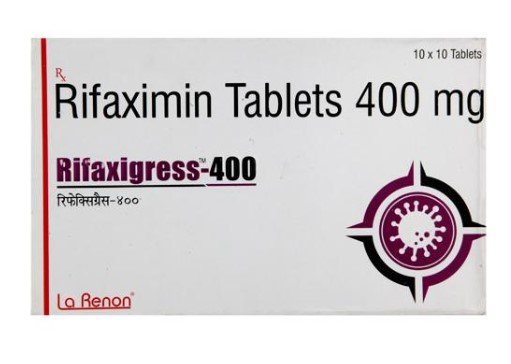
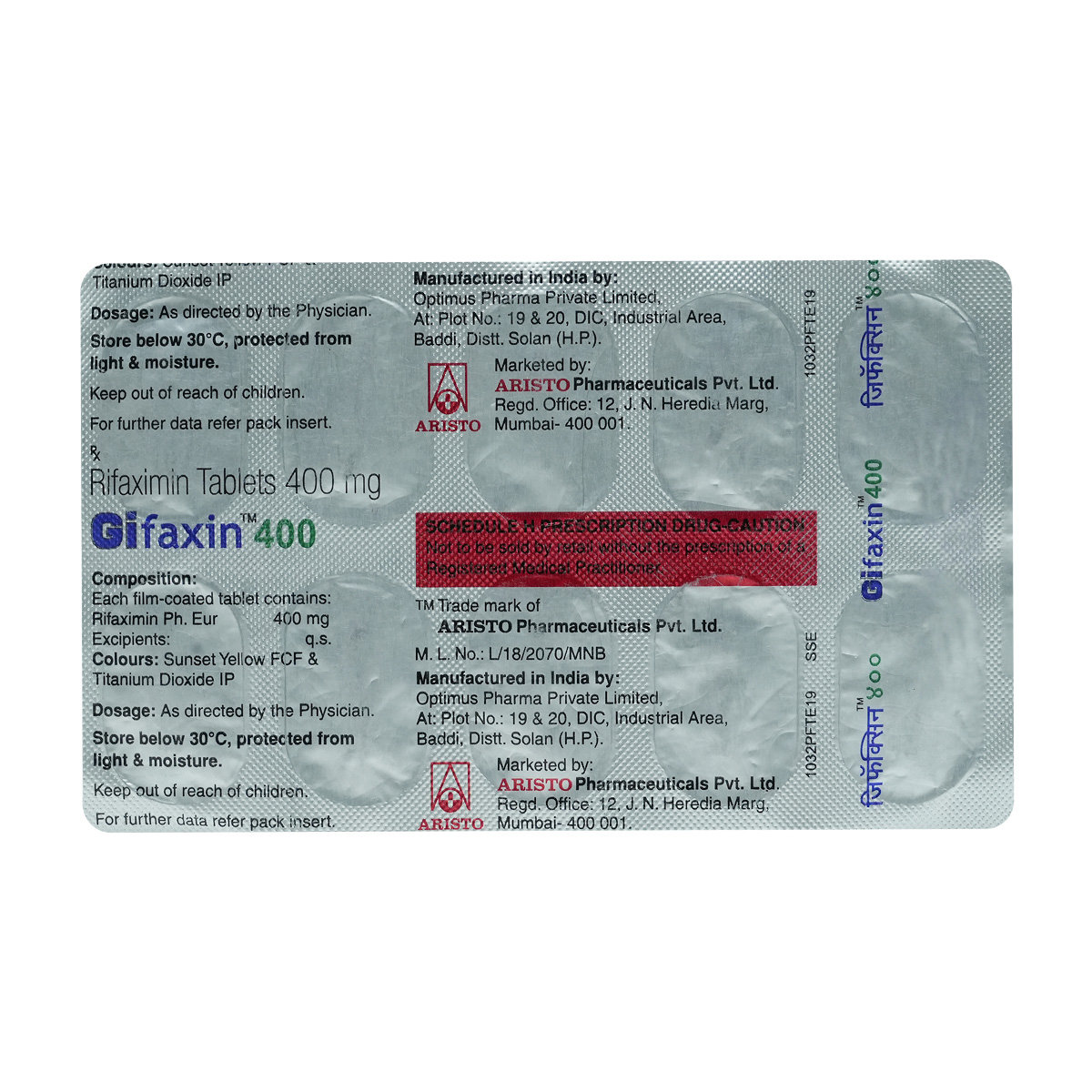
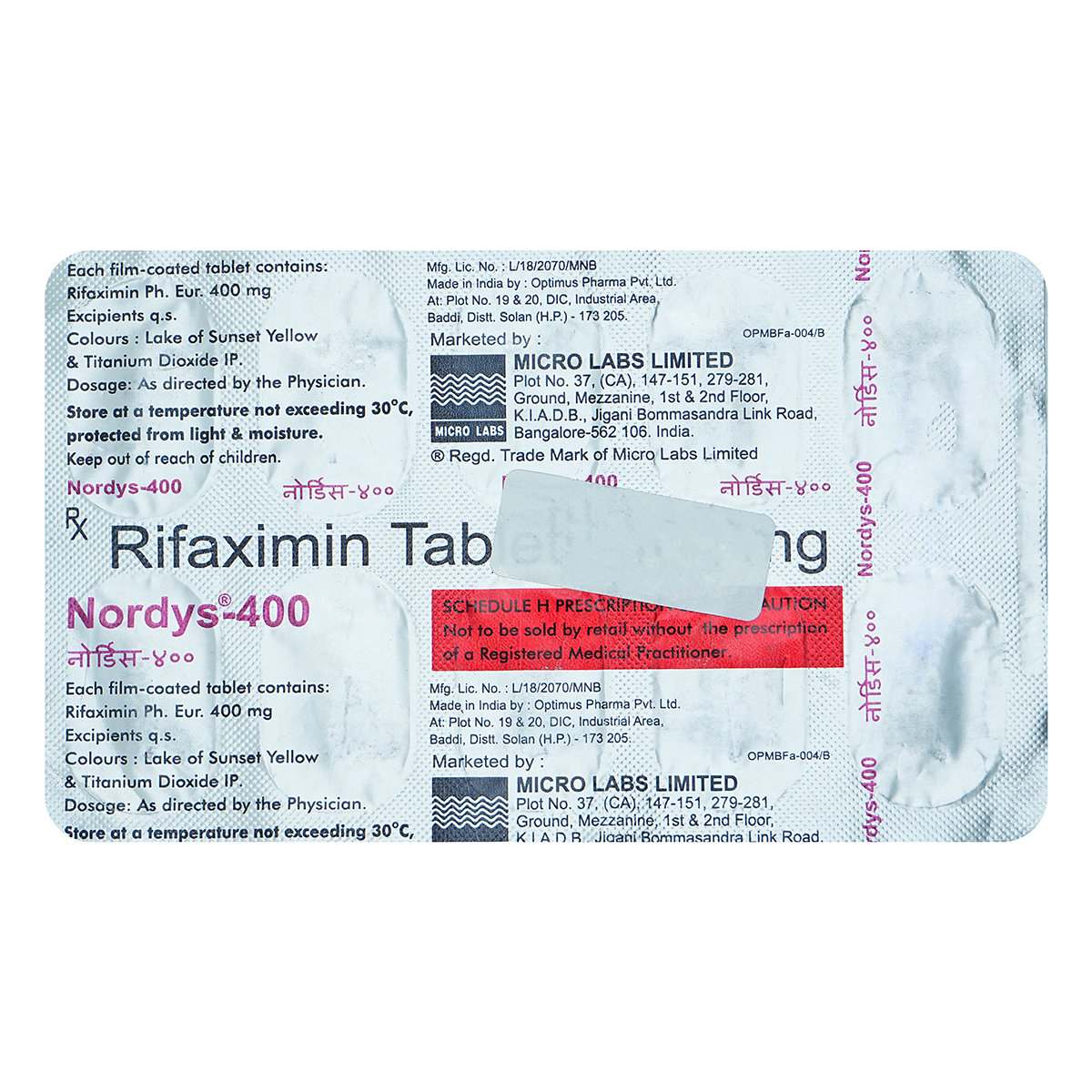

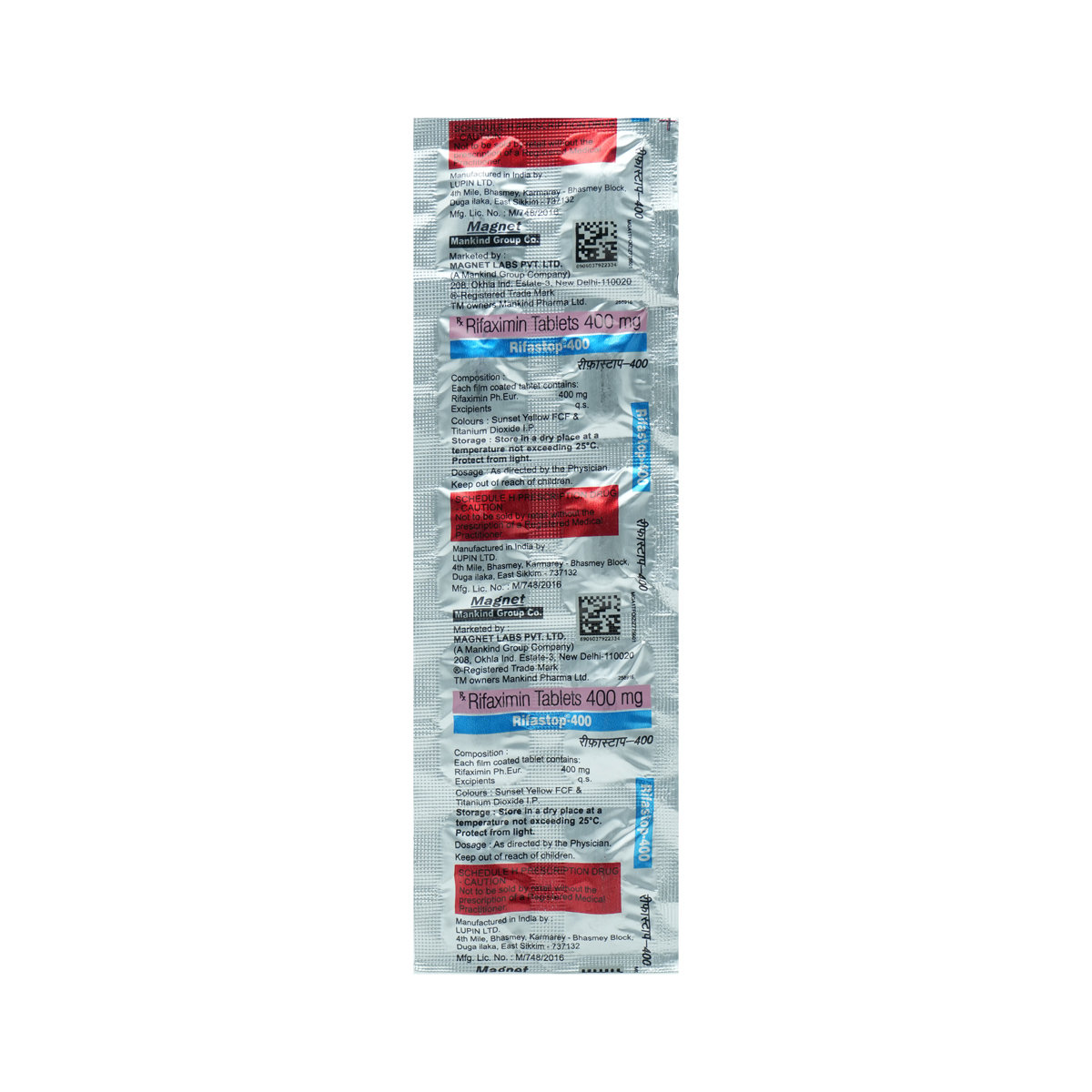
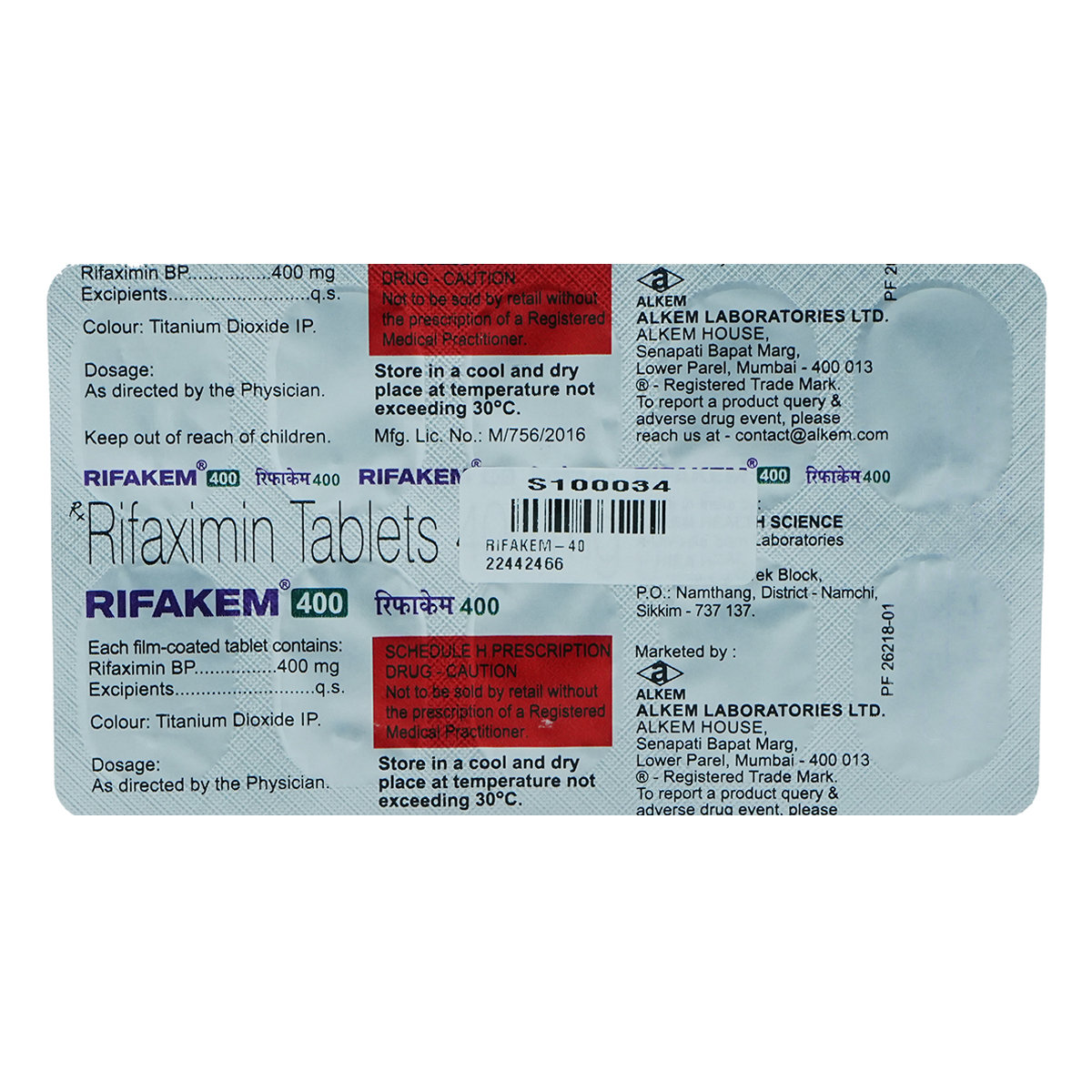

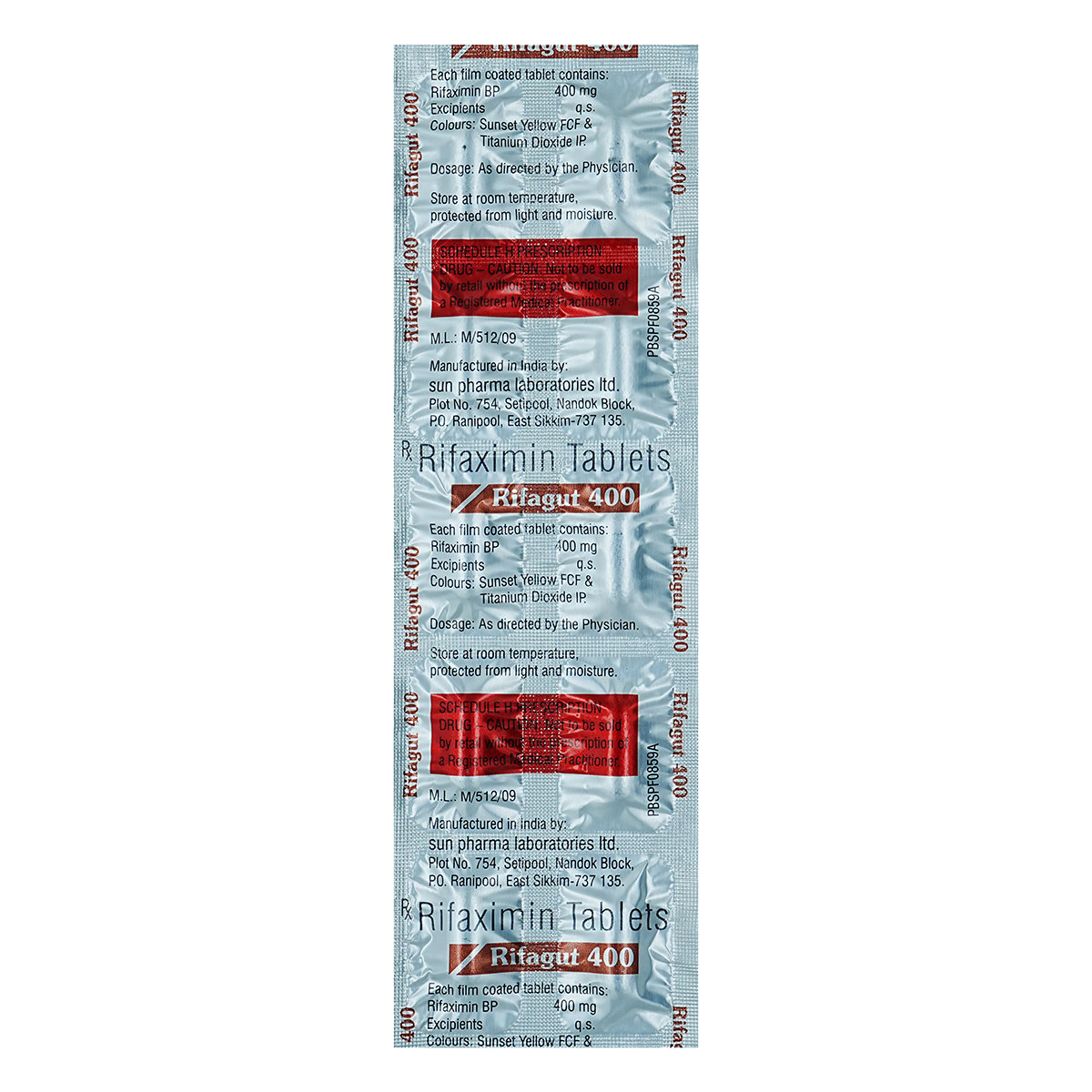
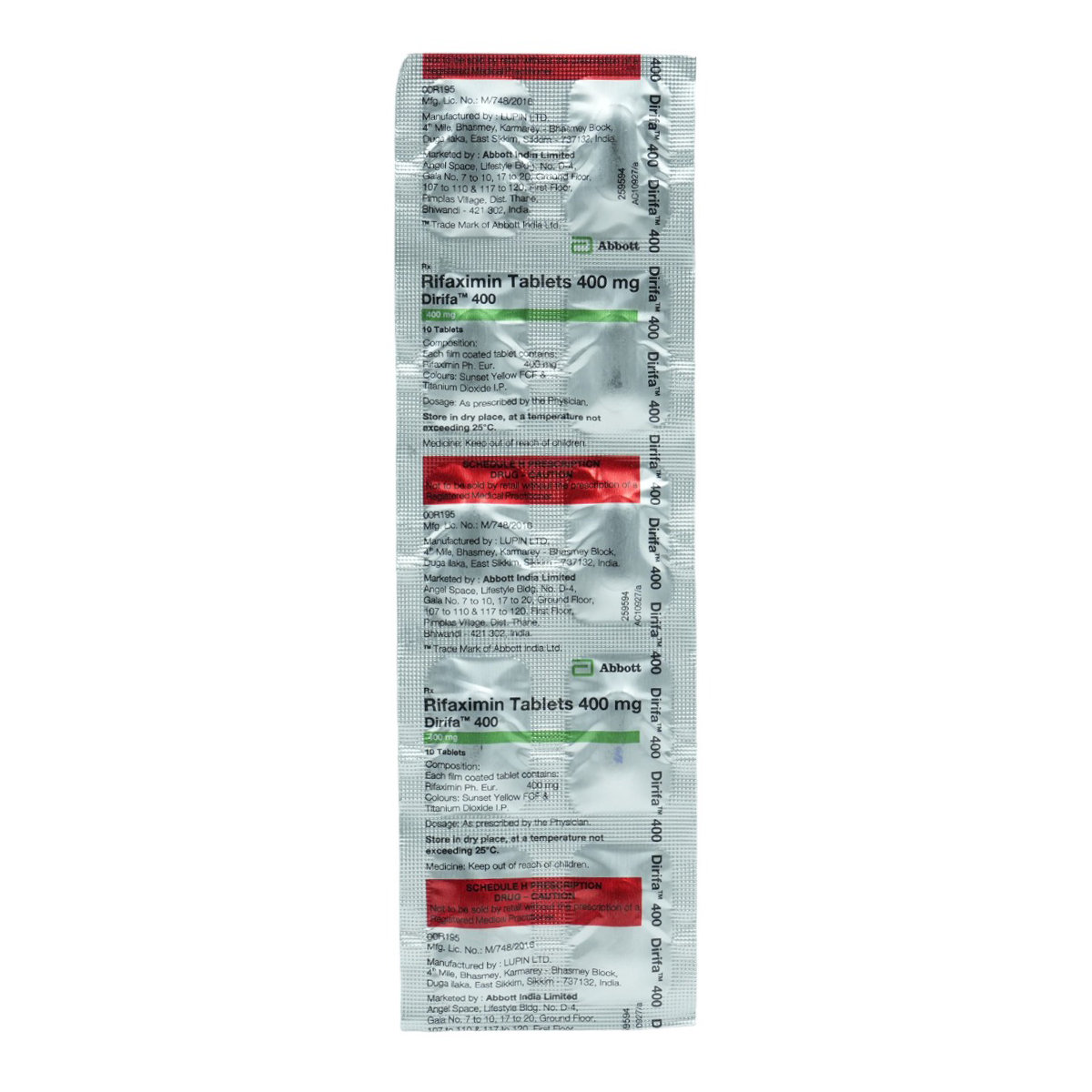
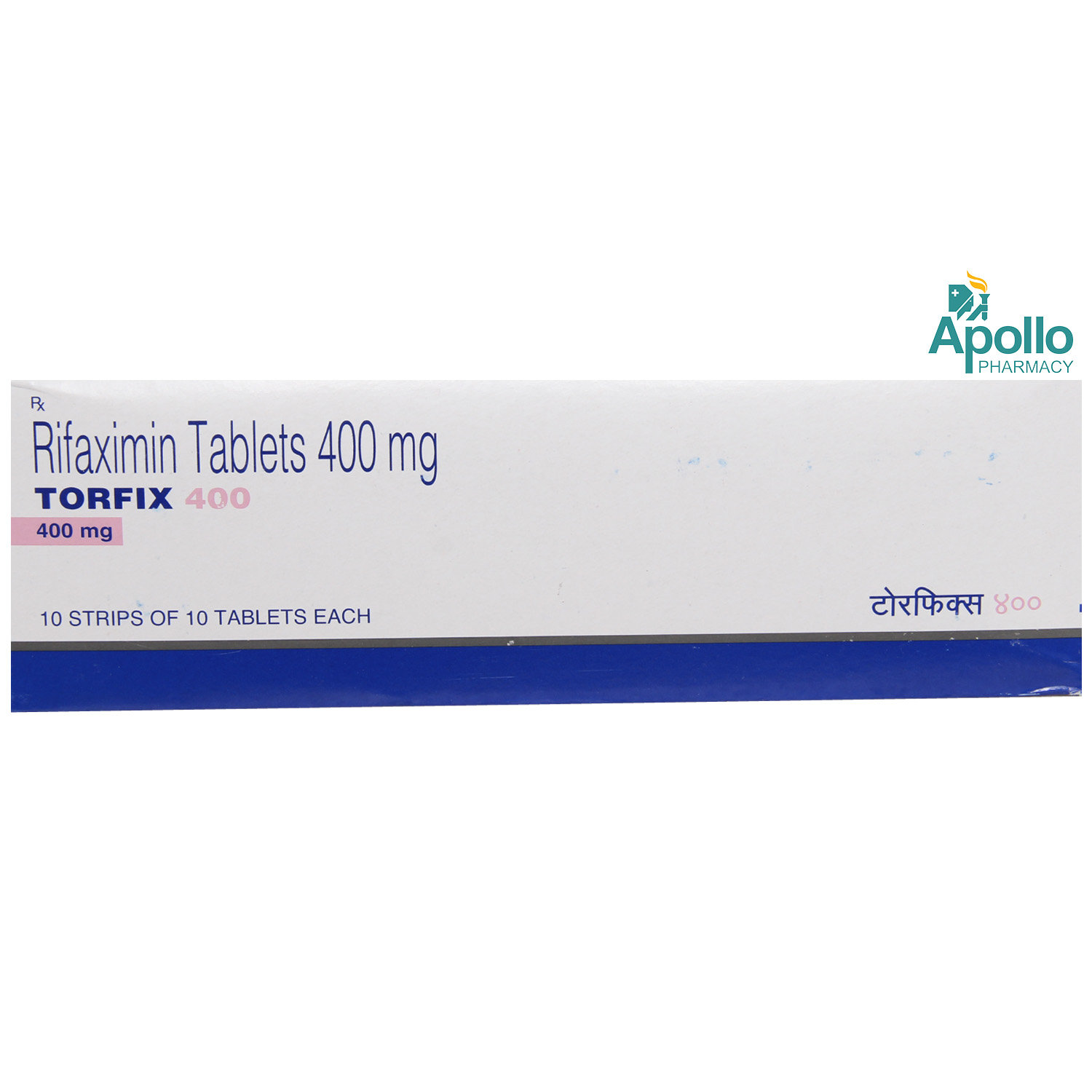
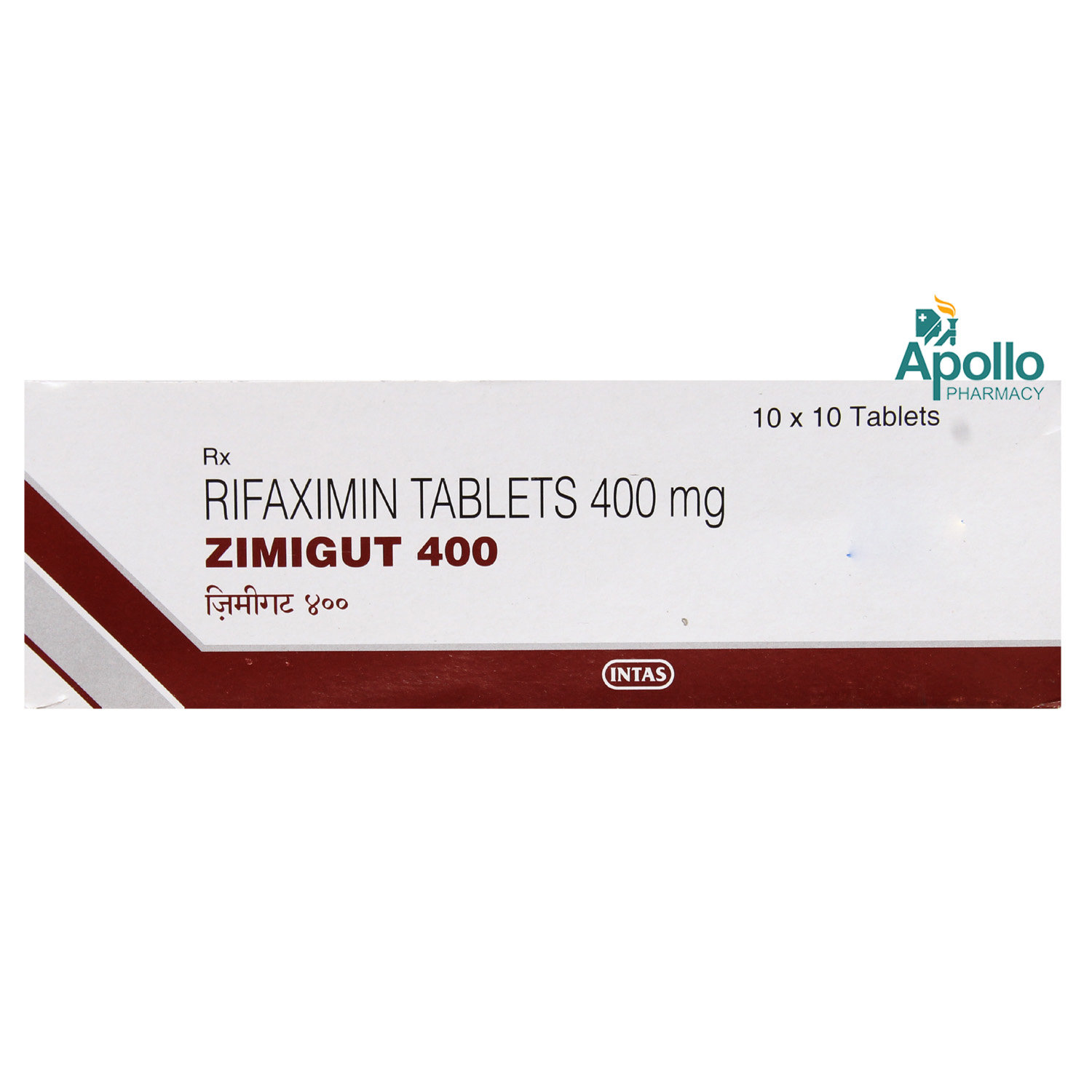
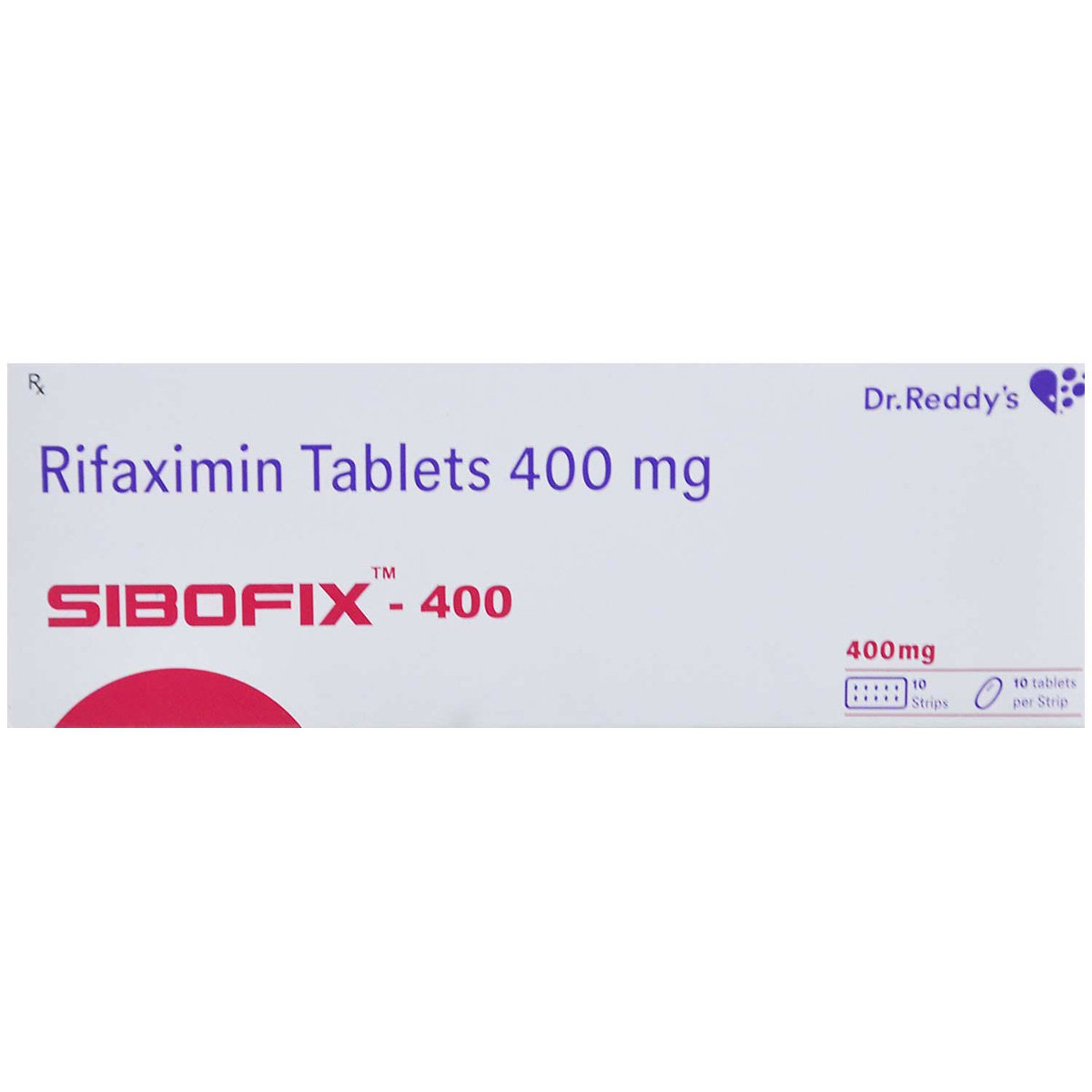
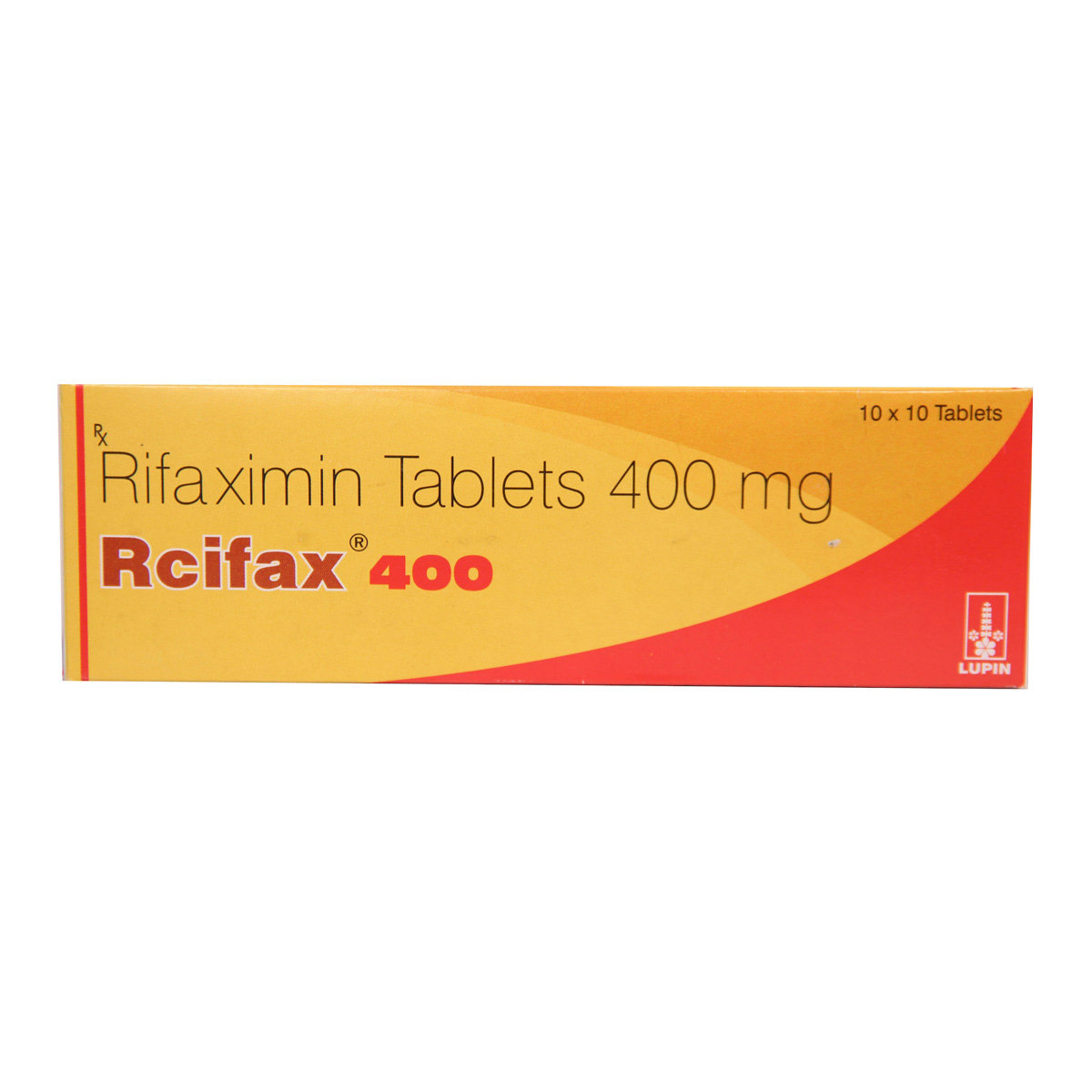

_0.jpg?tr=q-85)

